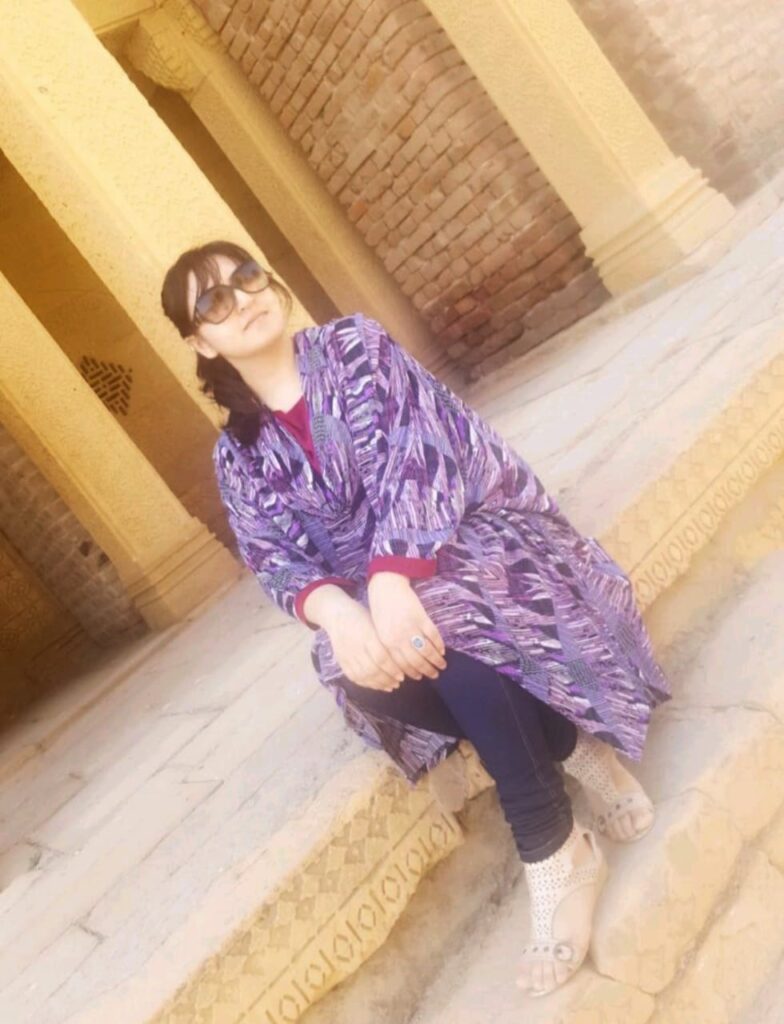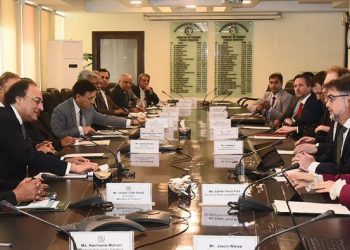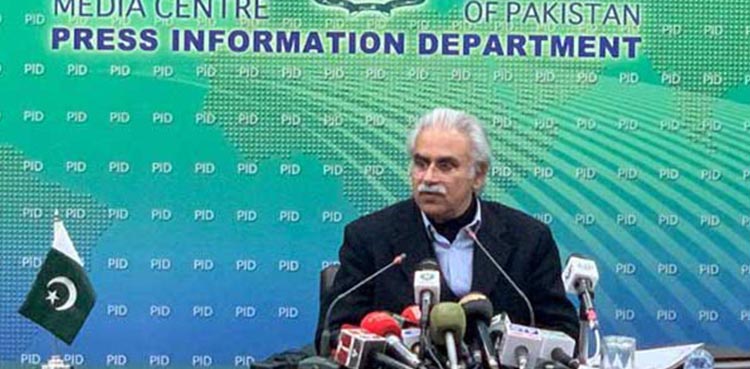
The prime objective of every political party before elections is to make sure they can provide a better reform during the campaign, reforms for the education, health care and employment. All is well, was the chant of Sindh’s local government of PPP.
The ministry of health Sindh has a trademark which will never change, even if the wind changes it will stay like that, even if the earth stops spinning, or even if the discomfort becomes the wiser teacher.
It has been observed lately that the current Sindh government of Pakistan People’s Party sounds unproductive taking consequential measures when it comes to the health care provisions in Sindh province.
This might not be the case in all of the hospitals in Sindh, taking out few of the private sector hospitals, but the government hospitals (the public hospitals) have the matching circumstances as the government in Sindh itself has. In my opinion the health care system of Sindh is neither healthy, nor caring and not even a system.
With a substantial triumph in their last elections, the PP Chairman Mr. Bilawal Zardari during his campaign tried to lure the people of Sindh by focusing on the reforms in the weak health care system of Sindh.
But this seems not to be working since after the elections. The situation is that the poor patients are paying more and more to get the health facilities which ultimately goes unavailing.
Poor or middle class cannot afford private hospitals, but the same class cannot even afford the better health facilities in the government hospitals of Sindh as well.
There is no methodical tie between the PPP government and the health care industry of Sindh altogether. The situation is bad and getting worse.
Upon the hit of Corona pandemic, the risk of hospitals running short of medical facilities, doctors, medicines and the worst management is quite a hitch.
There are many ghost hospitals, running on record, but not on ground. Sindh has been facing the lack of vaccines for rabies, lately. Which has produced a huge question mark on the government working in Sindh at length, the PP itself.
Tharparkar itself shout out to reveal the “good governance” slogans evolving to be “despairing”.
The health care in Sindh is administered by both public and private health care providers. One of a doctor during his experience serving in an elite hospital in Karachi has a saying that “those who cannot afford to live are left to die”. And by him it was concluded that “the amenities in public hospitals are of substandard, including shortage of sterile equipment, lack of technique, postoperative care is not at the level it should be”.
A couple of patients during their treatments at public and private healthcare departments contacted me over and above for their concerns as they were not equally satisfied by the services they have been given there. Though some were satisfied but the ratio is strikingly perceivable.
PPP on the stance not to give their health care industry under direct control of the federal government has a good deal to work upon under their mechanism.
It’s not a statement that would change the logic of the fact, but it’s the lives of people of Sindh that counts. If things are not taken seriously beyond statements and press conferences, the time would not be given to the ruling Sindh party PPP to reconsider their reforms on paper as well as on ground. Medically speaking, health care is not a privilege. It’s a right as fundamental as civil right.
It’s a right as fundamental as giving every child a chance to get a public education. What if we found fake degree holders in this noble profession not to mention as the system itself is unbalanced in Sindh.















































